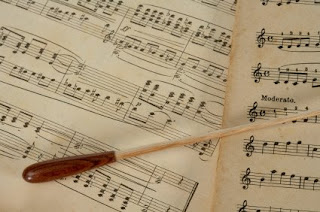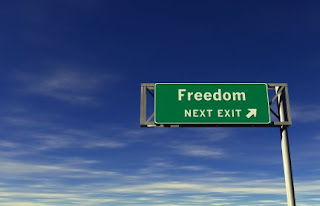 In a previous blog I spoke about language as an important element of the learning process. In a discussion with a friend, we considered what we mean by language, and with a bit of debate (and still open to debate), we concluded that there are at least three types of languages that people use: Spoken language and sound utterances, written symbols and strings of symbols, and gestures and body stance. A fourth possibility could be telepathy, but given that there is a lack of well documented evidence, we decided, for now, to not consider it.
In a previous blog I spoke about language as an important element of the learning process. In a discussion with a friend, we considered what we mean by language, and with a bit of debate (and still open to debate), we concluded that there are at least three types of languages that people use: Spoken language and sound utterances, written symbols and strings of symbols, and gestures and body stance. A fourth possibility could be telepathy, but given that there is a lack of well documented evidence, we decided, for now, to not consider it. Some written text (this sentence for example) conforms to a set of rules for the English language and it is represented by a combination of symbols called the English/western alphabet. I could have done something similar by using another form of encoding, called the Chinese character set, or any other one of several sets. In each case the character combinations would either develop a word or a concept, or even be a full concept. This written language is a record of the spoken languages that we learn for example during our early formative years. At some stage we might get formal instruction as to the use and rules of the language and some individuals master it to such an extent that they can ‘verbalise’ and put to text very complex emotions and mental images. Poetry is an example, and the picture below is my rather untidy handwritten section from a poem by an Afrikaans poet called Breyten Breytenbach (from “Die Windvanger”).

Similarly, the notation of music must be mastered before music may be written down or, as in the case of the poem, before music may be composed successfully. We need to understand what the symbols and strings of symbols mean, what their spatial relationships imply and we must understand the context, before the symbols will make sense.
We use “body language” and facial expression to communicate. The following set of images are taken from Daniel Goleman’s book “Destructive Emotions” and shows what can be termed universal human emotional signals.
It is my contention that all these elements are in play during the process of learning, from birth onwards. Over a glass of dry white wine, a young friend of mine recounted her experiences at school, both good and bad, and we found some interesting patterns! Successful teachers know how to utilise all the language elements and apply them in imagination-stimulating ways to convey concepts. They tell the stories that make the symbols friends! They recount situations and generate scenarios where the expectations can be linked to internal theories towards solving the problem of making sense of the environment. This environment could be many things. It could be the lines and dots of the Cartesian plane, it could be the pathways of the nerve system, it could be the patterns and behaviour of the benzene ring in chemical design and it could be the form and stroke of a brush on a virgin canvass.
There is one prerequisite though for all of this to succeed. We must recognise that we as humans, although we have the a priori (genetic) ability or predisposition for symbol manipulation, still need to be made aware of the rules of engaging with these symbols and we must master them before we can apply them successfully. The South African school system seems to have missed this point completely and it reflects in the demonstrated slip in international standing in reading and maths ability. Please ensure that this does not happen where you live on our beautiful planet. It cuts to the heart of what makes us different from other species on this planet. Humanity cannot afford to have our young people crippled in this way.
So now, go read a poem or page through a book on mathematical proof and listen to some music. Find the sheet music for your favourite song. Be human to the hilt!
(Copyright notice: I use graphic elements licensed to me by iStockphoto.com. Observe the rights of the owners of this material.)










